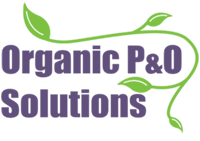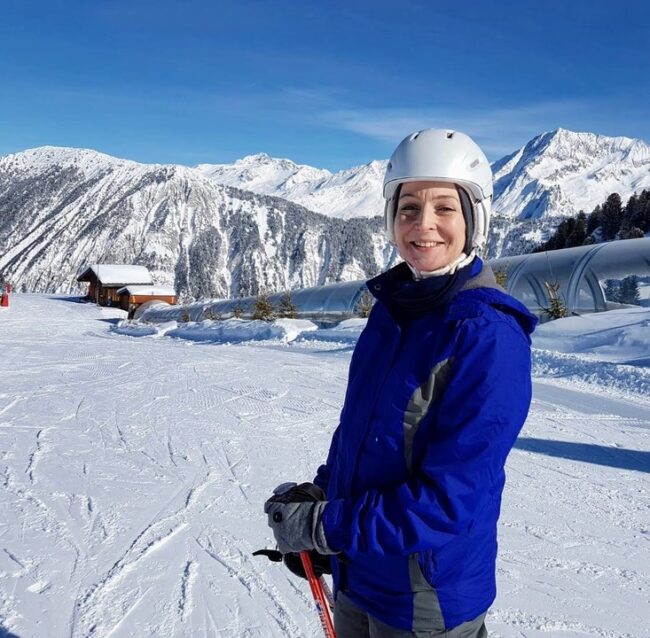I had a brilliant experience when I recently learned to ski for the first time. I love a challenge, especially if it involves overcoming some fear. But that isn’t true for everyone. Over the course of the week I was reminded how important it is that we understand different people learn in different ways. That goals are important but even if you’re learning the same thing, they won’t be the same and that well-intentioned support for people learning something new needs to be supportive to the learner if it’s to have a positive impact.
I looked up the dictionary definition (Oxford English) which describes learning as “the acquisition of knowledge or skills through study, experience, or being taught” but what is the best way to approach learning something new? Is it limited to study, experience and being taught? What hinders and what helps?” I’ve shared some reflections here.
- Nurture is needed
Learning is a natural, evolutionary process. It happens both on purpose and by accident, in different ways, for different people. It cannot be forced, and it is particularly disabled by fear. For example, anything I had learned vanished from mind and body when I looked at a downhill slope I wasn’t sure about. A few deep breaths and some calm thoughts and I was able to focus and deploy the new techniques I learned. So, if fear of what might go wrong prevents learning, it reminded me how futile it is to expect employees to learn and apply new skills when they are fearful of the consequences of making mistakes. We had a masterful ski instructor who knew how to deal with the fearful and the fearless so we were all in a safe psychological space to attempt anything new. He then imparted his wisdom with authority, respect and kindness. He never belittled us with his vast expertise or ridiculed our efforts which in comparison to his expertise, mine were beyond minimal. So, if learning is to really take shape, mistakes must be expected, allowed and made. Discussion and instruction are not enough. Immersion and experience are a must so attention can be given to the corrective measures that are needed for that learner, at that time, to succeed.
- Own your journey
Get clear about what you want to achieve, understand how you learn best and then choose the activities that will help you achieve it. In that order. Whatever it is. This is especially important when you’re a beginner. I would have liked nothing better than to feel completely comfortable down steep cross-country slopes in a week. How exciting?! If I’d set out to try that, I’d have left disappointed at best. I was a beginner and not a young one! Every day I set small goals, and every day I felt a sense of achievement. This was particularly helpful on the days when I fell over a lot. One day was simply to be upright for longer! So, set goals based on your actual achievement levels, be aspirational, but be realistic too. Don’t let other people’s judgments limit your desire and will, but equally, don’t accept challenges you don’t feel ready to take on. I witnessed some keen supporters, who thought they were encouraging, knock the confidence in a fellow beginner. “Go for it!” “Push yourself!” attitudes don’t work for everyone. If it doesn’t work for you, politely decline.
- Understand your style
Learning happens through a combination of thought, word and deed. The ratios of each will vary from person to person. For example, some people learn best by getting started (deed) and finding out what works and what doesn’t along the way, while others prefer to research (word) and absorb information (thought) before getting started. All are essential, but the order and combination are personal. I ran an anecdotal social media poll and the differences were across the board. So, it’s not up to someone else to dictate how you should or shouldn’t approach your learning. For example, if you learn well by experience, find safe and contained ways to experiment that work for you. If that isn’t you, find ways to gain the information you need, the instruction or materials that will be useful to you, the guide / teacher with the approach that you find helpful, the person with the competence to observe at the right level and so on. Whatever your preferences, accept you’ll need practise and reflection as part of your learning journey in good measure if you want to see improvements in your results. Then celebrate the successes that are significant for you along the way.
- Focus on what’s helpful to the learner
I witnessed some amazing attitudes on those slopes. The full range from helpful and forgiving, to intolerance and yelling. I also heard a lot of information being given that didn’t land with the person it was aimed at. One day, when I fell over on my way down a slope that I had navigated just fine earlier, I knew as I landed, in a heap, what I needed to do differently. A kind soul stopped to help me up. Once I was up, I also knew it was time for me to stop for the day. I had enough knowledge, I didn’t have enough energy left in my legs to apply it. The kind stranger gave me a long explanation about how to stay upright. It took about 10 minutes. It felt like half an hour. It was not long after my 2-hour ski lesson, which let’s face it, as a beginner, was all about how to stay upright! It was well-intentioned, but it was not helpful to me at that time. On this occasion, I simply said “Thank you” and went on my way. But it reminded me of the many times I have enthusiastically imparted a pearl of wisdom and wondered why someone seemed perplexed and a little ungrateful, when a simple enquiry would have been more useful. It’s an important point for anyone who has the supporting role in someone else’s learning and if it’s a repeated pattern of behaviour you’re on the receiving end of, find a way to express it so the helpful soul can support you in a way that works better for you. If they really are intending to be helpful, they’ll be grateful to know so they can support you better going forward.
What are your ideas and experiences about learning something new? Does anything here resonate for you. I’d love to know.
We love working with leaders and their teams with a range of learning and development programmes at all levels of the organisation. Always targeted at helping people achieve their goals. If you’d like to discuss how we might help, we’d love to hear from you. Contact us today for a no obligation consultation.

